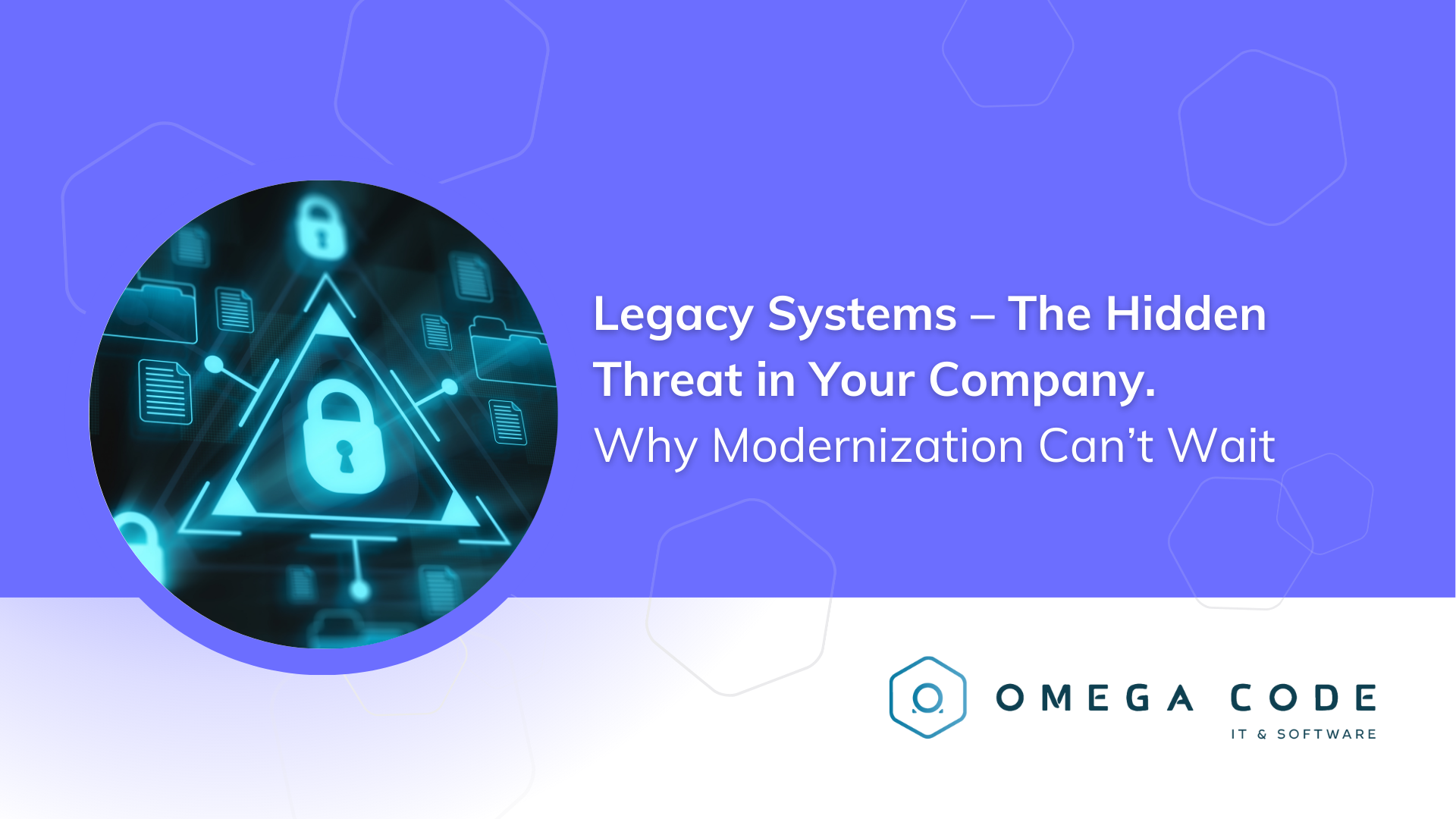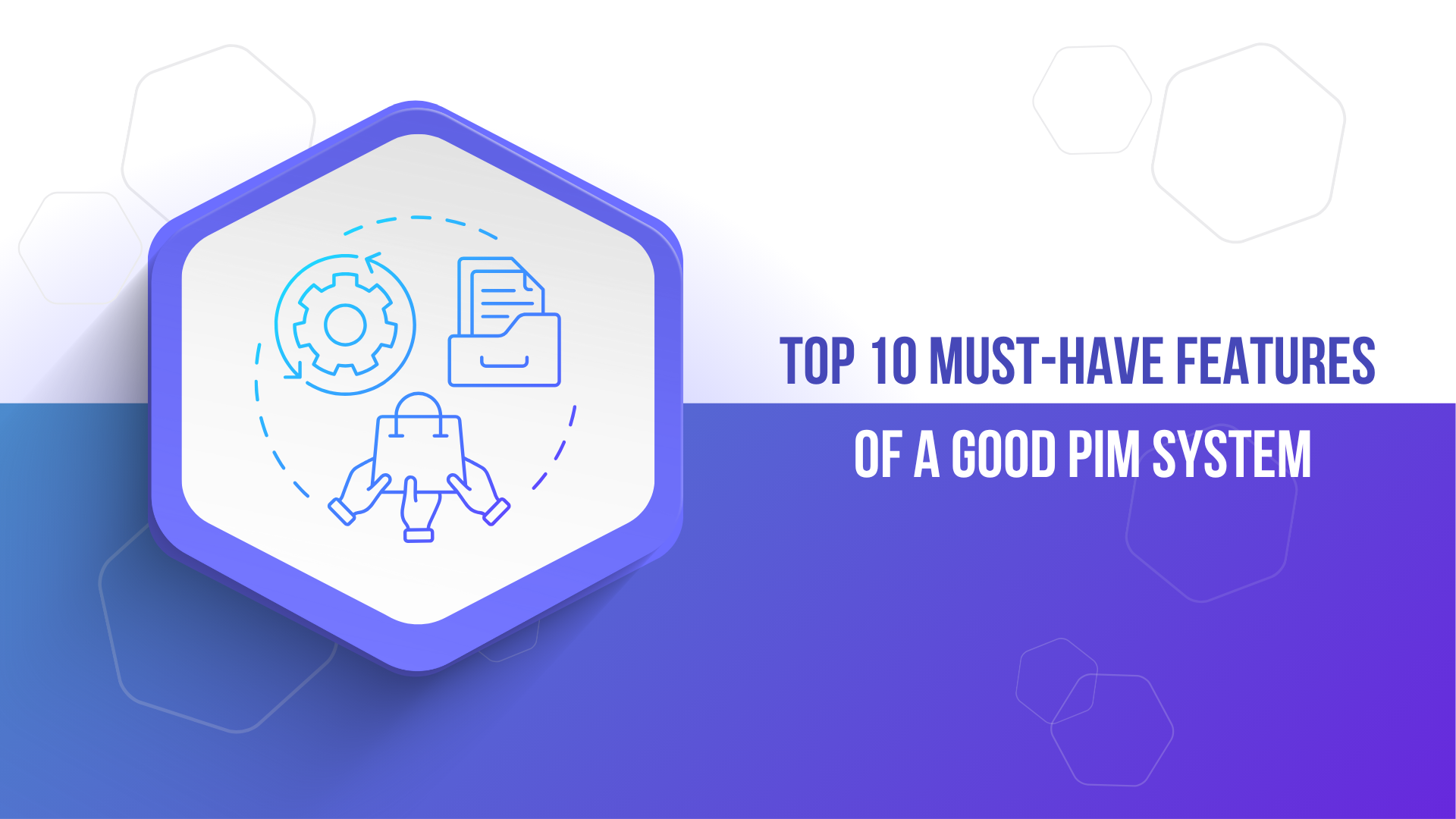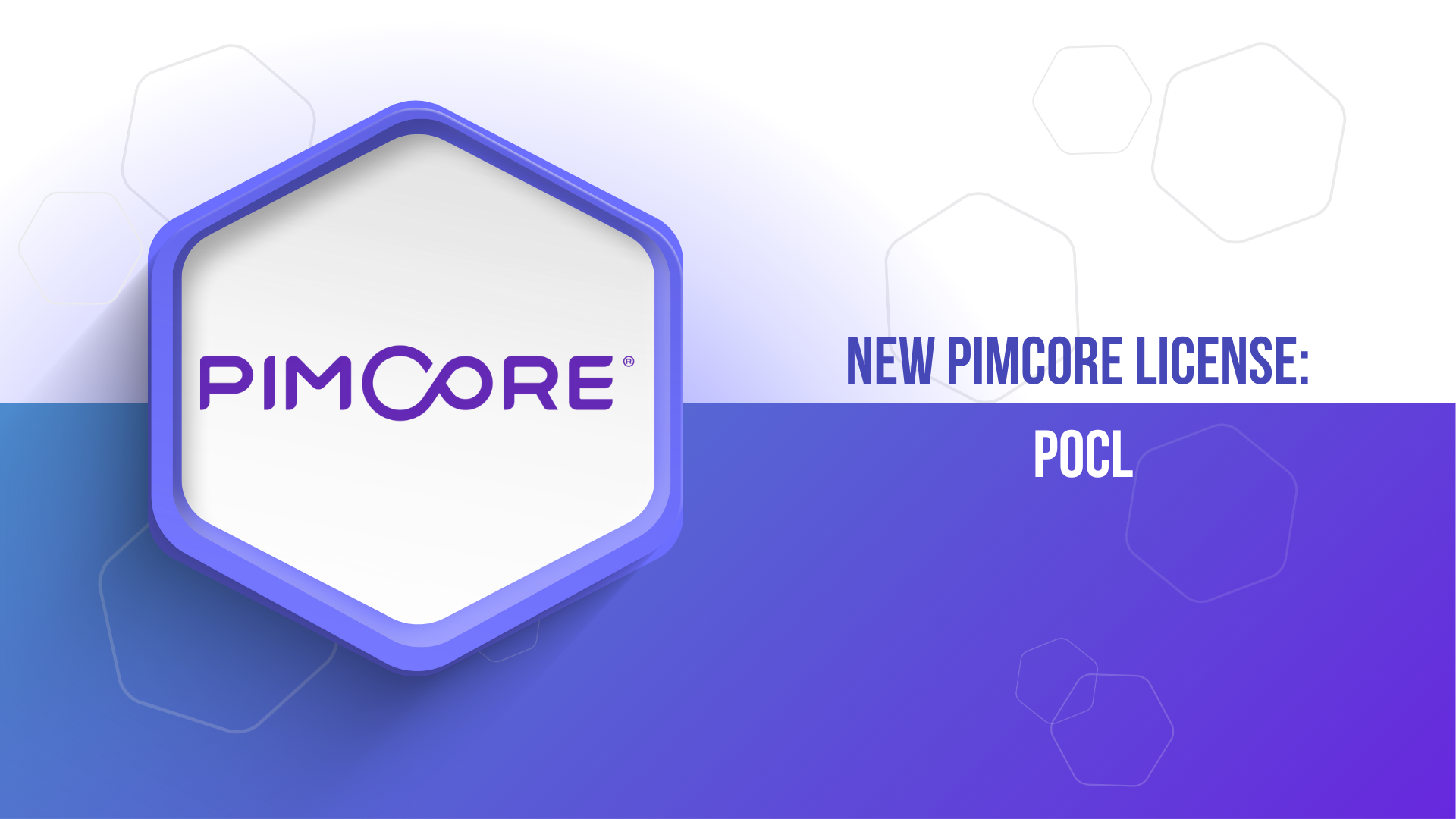CRM Ranking: Which System Should You Choose in 2024?
Check out the best CRM systemC for 2024.
Choosing a CRM system is now a key decision for companies that want to effectively scale sales, automate marketing processes, and ensure high-quality customer service.
In the age of business process automation and growing customer expectations, a simple spreadsheet is no longer enough.
In this article, you’ll find a ranking of the best CRM systems for 2024 – proven solutions that support effective customer relationship management and are tailored to different needs: from small businesses and SMEs to large corporations.
What is a CRM system?
A CRM system (Customer Relationship Management) is software for managing customer relationships. It enables companies to organize contact data, manage sales, track customer interactions, and automate marketing and sales activities.
Key CRM features:
-
Lead and contact management
-
Sales pipeline tracking
-
Automation of sales processes and follow-ups
-
Customer segmentation and offer personalization
-
Customer service functions (e.g., helpdesk, interaction history)
-
Analytics and performance reporting
Why invest in CRM?
CRM helps companies improve service quality, increase conversion rates, and better scale sales activities. It also enables:
-
Marketing and sales campaign automation
-
Eliminating repetitive tasks and data errors
-
Measurable management of sales teams
-
Increasing customer loyalty and revenue predictability
Top 10 CRM Systems for 2024
1. Salesforce – The CRM Market Leader
One of the most comprehensive CRM systems worldwide. Perfect for both large enterprises and scaling startups. Supports automation of business, marketing, and sales processes.
Advantages of Salesforce:
-
Extensive flexibility and integrations (Slack, Gmail, AppExchange)
-
Advanced automation and AI features (Salesforce Einstein)
-
Tools for every department: sales, marketing, service, IT
Disadvantages:
-
High cost and complex implementation
-
Requires team training
2. HubSpot CRM – Best CRM for SMEs
A modern CRM system ideal for companies that want to get started quickly but also plan for growth. Offers a free CRM plan with many features.
Advantages of HubSpot:
-
Simple interface and fast setup
-
Excellent marketing and content tools
-
Lead tracking, email marketing, and automations
Disadvantages:
-
Advanced features only available in higher (costly) plans
3. Zoho CRM – Flexible CRM for Any Business
A comprehensive CRM system for businesses of all sizes. Its modular structure allows customization to specific needs.
Advantages of Zoho CRM:
-
Wide range of features (contact, sales, invoicing management)
-
Integrations with office and finance tools
-
Attractive pricing and mobility
Disadvantages:
-
Interface may seem less intuitive than competitors
4. Microsoft Dynamics 365 – Enterprise-Level CRM
An advanced enterprise-grade solution. Ideal for companies already using Microsoft Office 365, Power BI, and Teams.
Advantages of Dynamics 365:
-
Deep integration with the Microsoft ecosystem
-
ERP and project management support
-
High scalability and security
Disadvantages:
-
Complex implementation process
-
Requires an IT team and adaptation time
5. Pipedrive – CRM for Sales Teams
Focused on sales pipeline management. Simple, effective, and praised for its clarity. A great choice for sales teams.
Advantages of Pipedrive:
-
Visual sales pipeline and intuitive interface
-
Good API and integrations
-
Affordable pricing and quick setup
Disadvantages:
-
Fewer features for marketing and customer service
6. Livespace – Polish CRM for B2B Sales
A tool designed for sales teams that want to automate activities and directly impact conversion rates.
Advantages of Livespace:
-
Advanced reporting and lead scoring
-
Automation of follow-ups, reminders, and tasks
-
Intuitive interface built for B2B
Disadvantages:
-
Higher price threshold for microbusinesses
-
May be too complex for simple needs
7. vTiger CRM – Open-Source CRM
Combines sales automation, customer service, and marketing. Offers both open-source and cloud versions.
Advantages of vTiger:
-
Full control with the open-source version
-
Built-in helpdesk, email marketing, and calendar
-
Good integration with Microsoft and Google Workspace
Disadvantages:
-
Complex configuration
-
Requires technical knowledge or an IT team
8. Monday CRM – CRM + Project Management
Part of the Monday.com platform – oriented toward project and marketing teams.
Advantages of Monday CRM:
-
Flexible boards, automations, and reminders
-
Integrations with Outlook, Slack, Google Drive
-
Visual interface and high customization
Disadvantages:
-
CRM is an add-on – lacks advanced sales-specific features
Who Didn’t Make the List?
-
Bitrix24 – All-in-one CRM + HR + project management tools. Downsides: complicated interface, overloaded with features.
-
Zendesk Sell – Formerly Base CRM. Strong sales features but limited marketing and automation options.
-
Freshworks CRM – Increasingly popular among startups; strong AI, but less presence in Europe.
How to Choose a CRM System?
Before implementing a CRM, consider:
-
Which customer relationship features are key for us?
-
Do we need a more sales-focused, marketing-focused, or universal CRM?
-
Are integrations with ERP, Helpdesk, and email marketing needed?
-
What resources (technical, financial) do we have for implementation and growth?
-
Do we prefer an open-source solution or SaaS?
Conclusion
Implementing a CRM system is an investment that boosts sales efficiency, improves customer service, and supports business process automation. The right choice depends on company size, budget, and specific needs.
Need help choosing the best CRM for your organization?
Contact us – we’ll help you define your needs, prepare a CRM comparison, and guide you through the entire implementation process.





